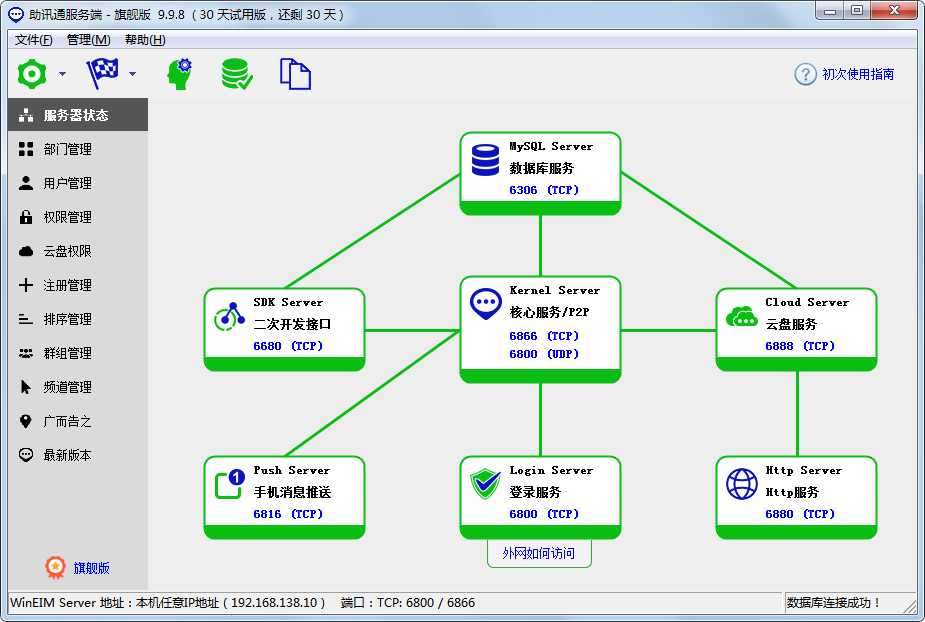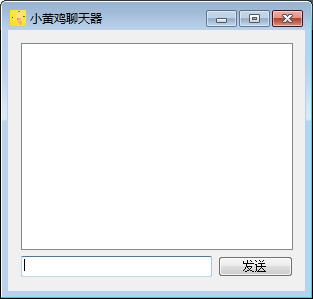javascript 中的this
时间:2022-03-26 13:36
he scope of all functions is window.
(The reason why is you are invoking f as a function(类,全局的类) and not a method. When invoked as a function this is set to window during the execution of the target)
To circumvent that, you can do this:
A.prototype.go = function() {
var self = this;
console.log(self); //A { go=function()}
var f = function() {
console.log(self); //A { go=function()}
};
f();
}
this would only not refer to the window when it is in the method of a class and not just a regular function. –
看一段有意思的代码,猜测一下,弹出的 this 变量会是什么?
function Menu(elem) {
alert(this);
function privateMethod() {
alert(this) // window, not menu!
}
// ... call private method
privateMethod()
}
new Menu(document.createElement(‘div‘))
Because function f() is not called without any object reference. Try,
f.apply(this);function Menu(elem) {
alert(this);
function privateMethod() {
alert(this) // window, not menu!
}
// ... call private method
privateMethod.apply(this)
}
new Menu(document.createElement(‘div‘))
——---------------------------------------------------------------------------------------------------------------------------
参考 stack-overflow:
JavaScript has a different concept of what the special name this refers to than most other programming languages do. There are exactly five different ways in which the value of this can be bound in the language.
The Global Scope
this;When using this in global scope, it will simply refer to the global object.
Calling a Function
foo();Here, this will again refer to the global object.
ES5 Note: In strict mode, the global case no longer exists.
thiswill instead have the value ofundefinedin that case.
Calling a Method
test.foo();In this example, this will refer to test.
Calling a Constructor
new foo();A function call that is preceded by the new keyword acts as a constructor. Inside the function, thiswill refer to a newly created Object.
Explicit Setting of this
function foo(a, b, c) {}
var bar = {};
foo.apply(bar, [1, 2, 3]); // array will expand to the below
foo.call(bar, 1, 2, 3); // results in a = 1, b = 2, c = 3When using the call or apply methods of Function.prototype, the value of this inside the called function gets explicitly set to the first argument of the corresponding function call.
As a result, in the above example the method case does not apply, and this inside of foo will be set to bar.
Note:
thiscannot be used to refer to the object inside of anObjectliteral. Sovar obj = {me: this}will not result inmereferring toobj, sincethisonly gets bound by one of the five listed cases.
Common Pitfalls
While most of these cases make sense, the first one is to be considered another mis-design of the language because it never has any practical use.
Foo.method = function() {
function test() {
// this is set to the global object
}
test();
}A common misconception is that this inside of test refers to Foo; while in fact, it does not.
In order to gain access to Foo from within test, it is necessary to create a local variable inside of method which refers to Foo.
Foo.method = function() {
var that = this;
function test() {
// Use that instead of this here
}
test();
}that is just a normal variable name, but it is commonly used for the reference to an outer this. In combination with closures, it can also be used to pass this values around.
Assigning Methods
Another thing that does not work in JavaScript is function aliasing, which is assigning a method to a variable.
var test = someObject.methodTest;
test();Due to the first case, test now acts like a plain function call; therefore, this inside it will no longer refer to someObject.
While the late binding of this might seem like a bad idea at first, in fact, it is what makes prototypal inheritance work.
function Foo() {}
Foo.prototype.method = function() {};
function Bar() {}
Bar.prototype = Foo.prototype;
new Bar().method();When method gets called on a instance of Bar, this will now refer to that very instance.
Disclaimer: Shamelessy stolen from my own resources at



























